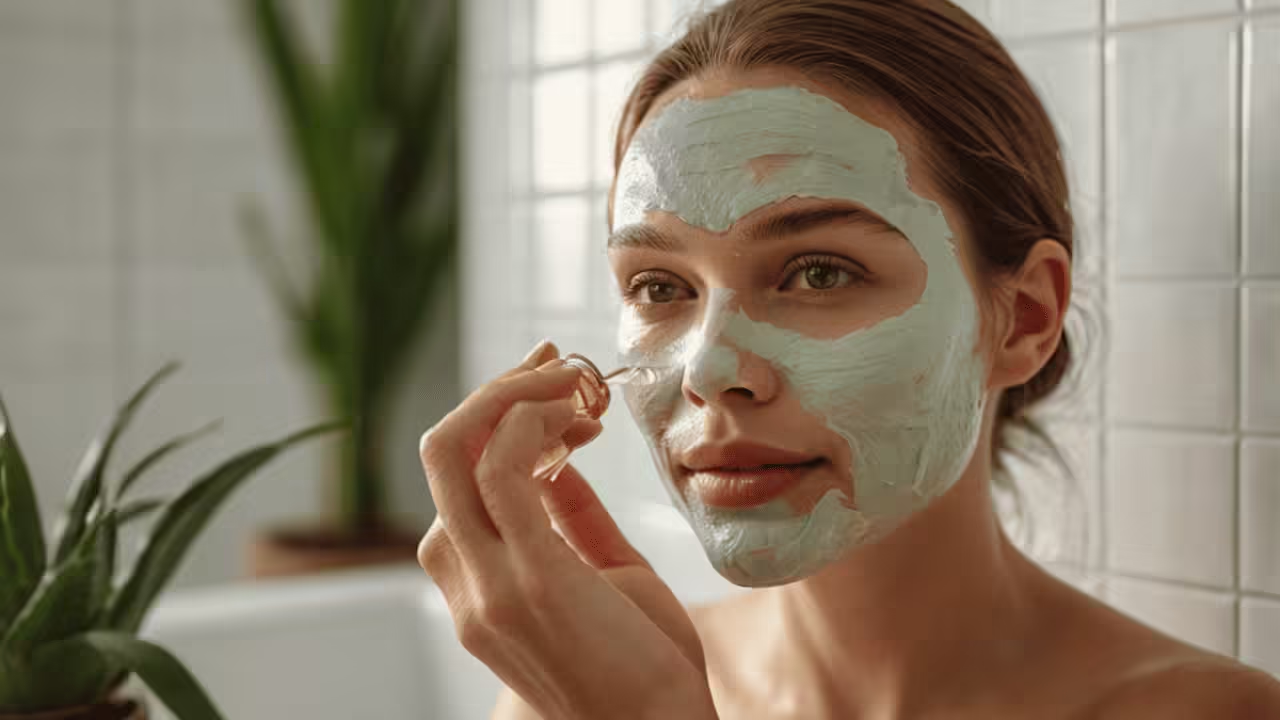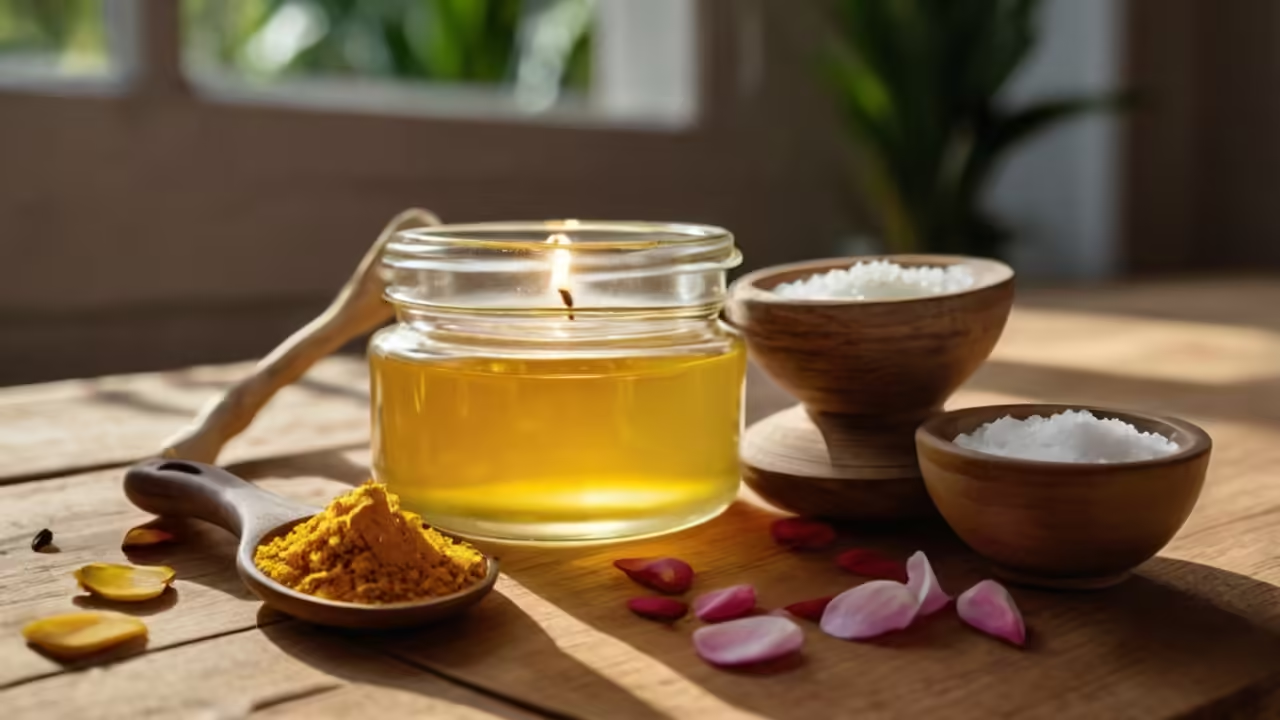Dry Skin Care: Best Moisturizers and Expert Tips
Dry Skin Care: Best Moisturizers and Expert Tip Best Moisturizers for Dry Skin Dry skin care is a crucial component of maintaining healthy and radiant skin. When selecting the best moisturizers for dry skin, it’s essential to opt for products that are rich in hydrating ingredients. Look for moisturizers that contain key components like hyaluronic


